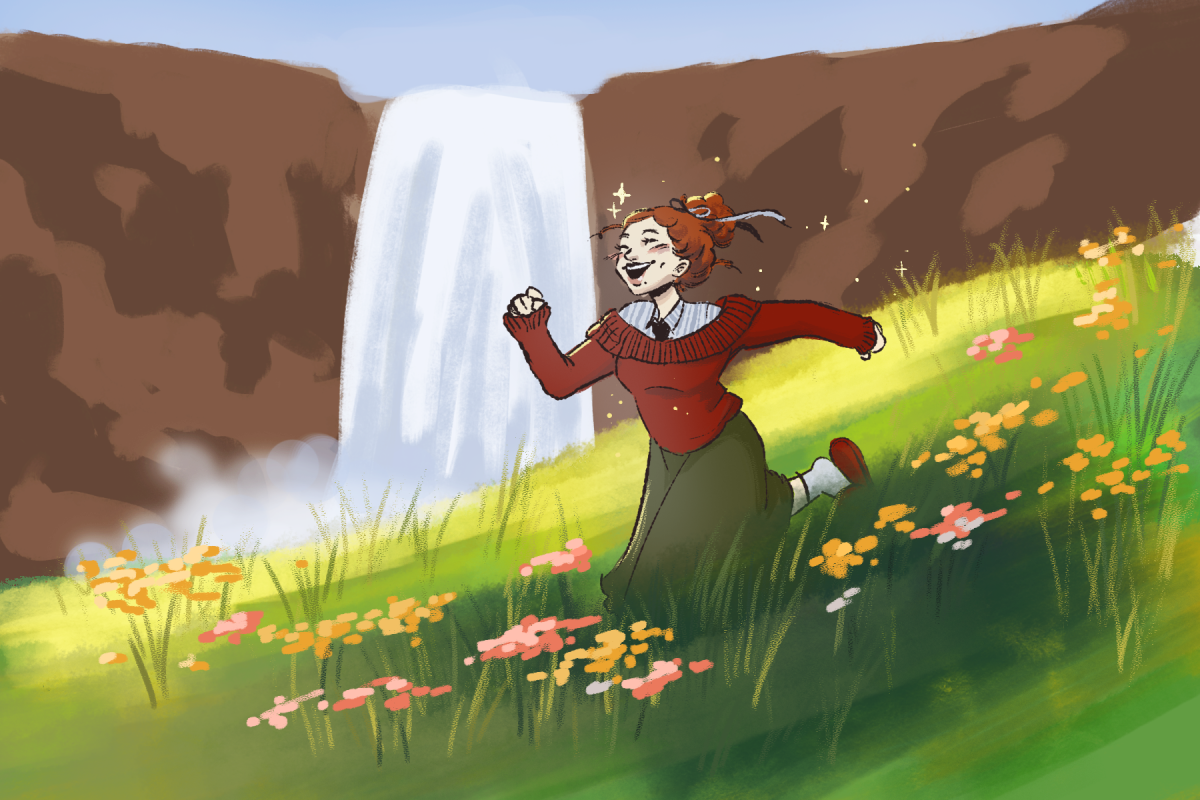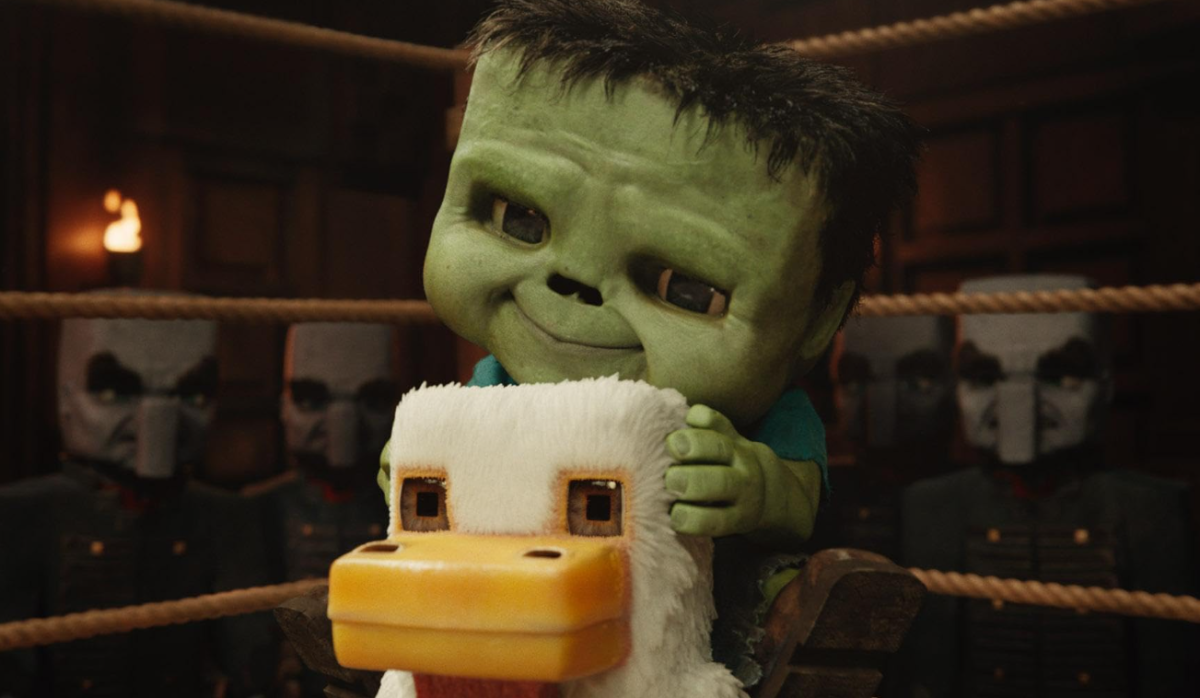Usually, my reviews start off with a rating to set the tone for what I want to critique. Sometimes, however, there are much more important ideas to be discussed that can’t be represented by a number. “Death of a Unicorn” transcends ratings, and not for good reason.
Throughout film history, Asians have been cast in stereotypical roles. From the taxi driver for South Asians to the overtly nerdy East Asians, these character types exclude the totality of the Asian experience — therefore misrepresenting them in Hollywood.
One of these stereotypes is the classic role of a scientist — brainiac individuals who typically serve white superiors. With movies like “Shang-Chi and the Legend of the Ten Rings,” “Everything Everywhere All at Once” and “Crazy Rich Asians,” the roles and overall image of Asians in Hollywood have significantly improved during the 21st century, leaving many of these negative stereotypes behind.
Or so I thought.
With “Death of a Unicorn,” the feature debut of Alex Scharfman, we run into this problem again. Many might disregard such a claim, but if you come from this background of underrepresented people in Hollywood, you can’t help but notice the damage this does.
The film is about Elliot and Ridley — Paul Rudd and Jenna Ortega, respectively — a father and daughter pairing who are invited to the house of Elliot’s boss, Odell — Richard E. Grant — for a weekend getaway. On the way there, they crashed their car when they hit an animal. Not just any animal — a unicorn.
Elliot decides to put the unicorn into their car and keep driving to the house, planning on burying it later in the night to avoid anyone else seeing the unusual creature.
Now, you might be asking yourself, “This seems like a pretty straightforward story. Why have you accused this film of racism?”
Well, the unicorn decides it isn’t going to be quiet, eventually breaking out of the car and revealing itself to the guests of the household. It’s then shot by one of the workers in the house, stopping any harm from being done.
After Ridley realizes the blood that came from the unicorn was able to get rid of her acne, Odell begins to wonder if the same can be done to cure his terminal cancer. He asks his team of scientists to start collecting samples from the unicorn and work toward a possible cure.
When these scientists are first revealed to the audience, they’re shown to be played by Stephen Park, of Korean descent, and Sunita Mani, of Indian descent.
So, the only two Asians in the film are playing scientists. Coincidence? I don’t think so.
Spoiler alert: They both die. And they serve as the most gruesome deaths in the entire film.
Park’s death is portrayed as helpless, emasculating him like many have done with east Asian men in Hollywood films. Park’s character, Dr. Song, is yelled at by Odell before his death, and Song is incapable of advocating for himself. It’s a tired trope used to belittle his character, and I would wager it’s only because of his skin color that this works. If it were a white man playing this role, his outcome might’ve been different.
Meanwhile, Mani’s character is literally played for laughs when she dies. Everyone in the audience laughed this injustice off as she’s ripped into shreds by the unicorns, but I couldn’t stop thinking about how they used the only Asian characters in the worst way possible for a basic plot device. The scientist who has been helping the entire group finally dies, and people are laughing.
This isn’t OK.
A24 is a leader in dictating what kinds of entertainment are made in the 21st century, so this is a serious setback. After the success of “Everything Everywhere All at Once,” one would think they would take another step forward in helping advance stories for people of Asian descent. Instead, they’ve added to the collection of films that hurt, not heal, decisions former filmmakers have deliberately made to curate these negative stereotypes.
Is this movie watchable? Yes. It has a decent and engaging storyline with acting to complement itself. None of that matters, though, when the pieces that make up the film are ultimately racist.
Sure, you could watch this movie — people still watch “The Birth of a Nation.” However, without understanding the racial context behind that film, watching solely for entertainment purposes is wrong.
You might watch “Death of a Unicorn” and find yourself engaging with the story. Jenna Ortega is a great representation of Gen Z dealing with trauma and the perseverance our generation has shown through turmoil. But you still must acknowledge the racism.
If you don’t, this will have an effect on people of color, and we fall victim to reverting to hurtful stereotypes. We’re able to have films like “Minari,” “Black Panther” and “Killers of the Flower Moon” because we’ve overcome this, creating more holistic and complete characters.
Yet, if films like “Death of a Unicorn” allow these negative stereotypes to seep back into modern filmmaking, we run the risk of fostering something that shouldn’t be in our society — something much greater than unicorns killing a bunch of people.
Joshua Abraham is a kinesiology junior and opinion writer for The Battalion.









